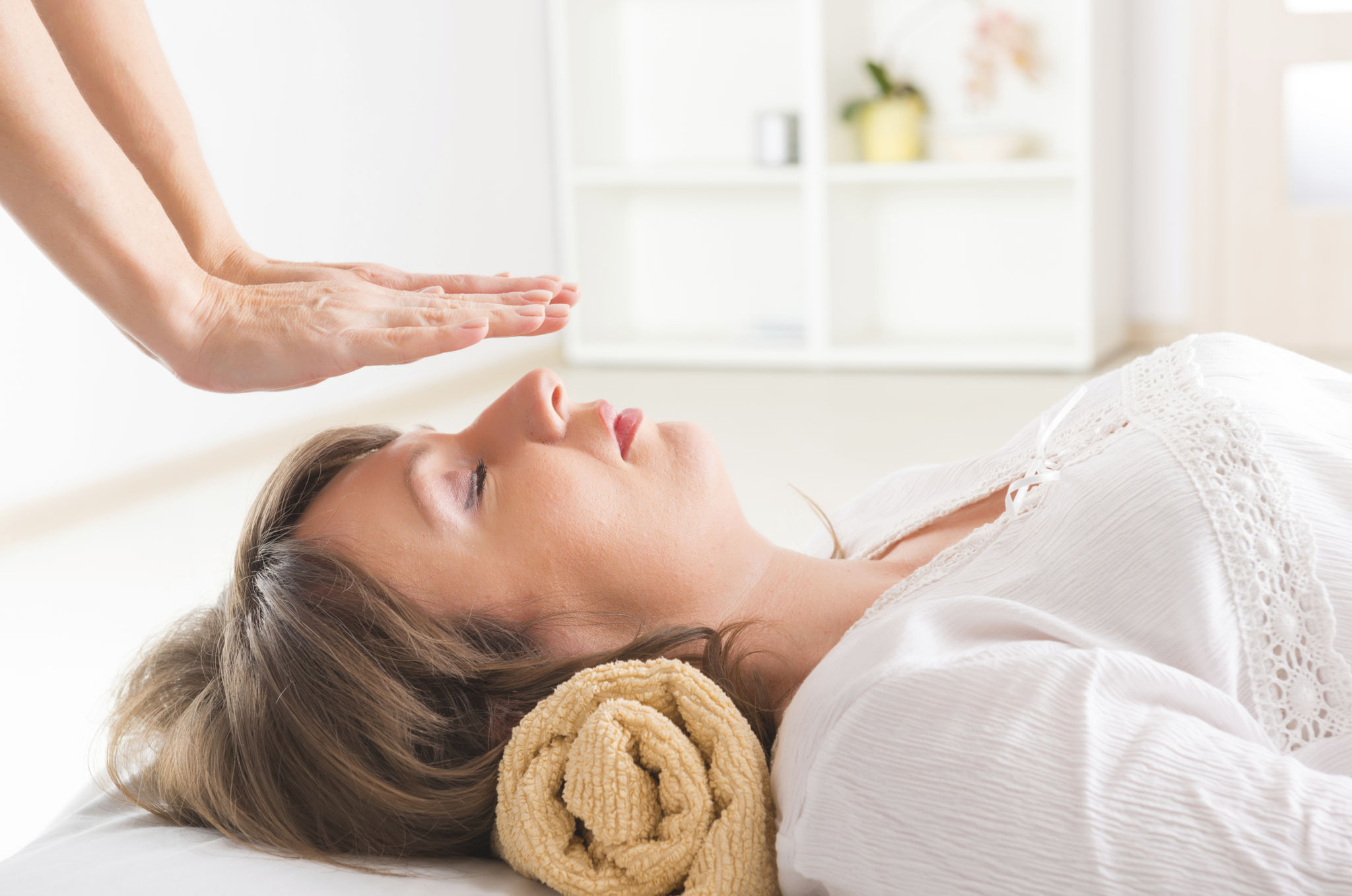The Healing Power of Reiki: An Introduction for Curious Minds
Understanding Reiki
Reiki, a form of alternative therapy, has been gaining attention for its potential to promote healing and well-being. Originating in Japan, Reiki is based on the concept of universal life energy that flows through all living things. Practitioners of Reiki believe that by channeling this energy, they can help balance the body and mind, facilitating healing and relaxation.
The practice of Reiki involves a practitioner placing their hands lightly on or near the recipient's body. This non-invasive approach is designed to tap into the body's natural healing processes, encouraging a state of balance and harmony. While Reiki is not a substitute for medical treatment, many people turn to it as a complementary therapy to support their overall health.

The Benefits of Reiki
Reiki is often praised for its ability to promote relaxation and reduce stress. In today's fast-paced world, stress can have a significant impact on both physical and mental health. By encouraging a state of calm, Reiki can help alleviate tension and anxiety, allowing the body to heal more effectively.
In addition to stress reduction, Reiki is believed to offer a range of other benefits, such as:
- Boosting the immune system: By promoting relaxation, Reiki may enhance the body's natural defenses.
- Improving sleep: Many people report better sleep quality after a Reiki session.
- Enhancing emotional well-being: Reiki can help individuals process emotions and find clarity in times of emotional turmoil.

The Science Behind Reiki
While scientific research on Reiki is still in its early stages, some studies suggest that it may have physiological effects. For example, research has shown that Reiki can reduce heart rate and blood pressure, indicators of reduced stress levels. Additionally, some studies have reported improvements in pain management and overall quality of life for individuals undergoing cancer treatment.
Despite these promising findings, more research is needed to fully understand the mechanisms behind Reiki's effects. Nevertheless, many practitioners and recipients alike swear by its benefits, contributing to its growing popularity.

Getting Started with Reiki
If you're curious about exploring Reiki, there are several ways to get started. One option is to seek out a certified Reiki practitioner in your area. Many practitioners offer sessions that typically last between 60 to 90 minutes, during which you can experience the healing power of Reiki firsthand.
Alternatively, some people choose to learn Reiki themselves. There are various levels of training available, from beginner courses to advanced certifications. Learning Reiki can be a rewarding journey, allowing you to practice self-care and offer healing energy to others.
Is Reiki Right for You?
If you're considering incorporating Reiki into your wellness routine, it's essential to approach it with an open mind and realistic expectations. While many people find relief and comfort through Reiki, individual experiences can vary. It's always a good idea to consult with healthcare professionals when exploring new therapies, especially if you have existing medical conditions.
Ultimately, Reiki offers a unique opportunity to connect with the body's natural healing energy. Whether you choose to receive sessions from a practitioner or embark on your own journey of learning, Reiki can be a powerful tool for personal growth and healing.